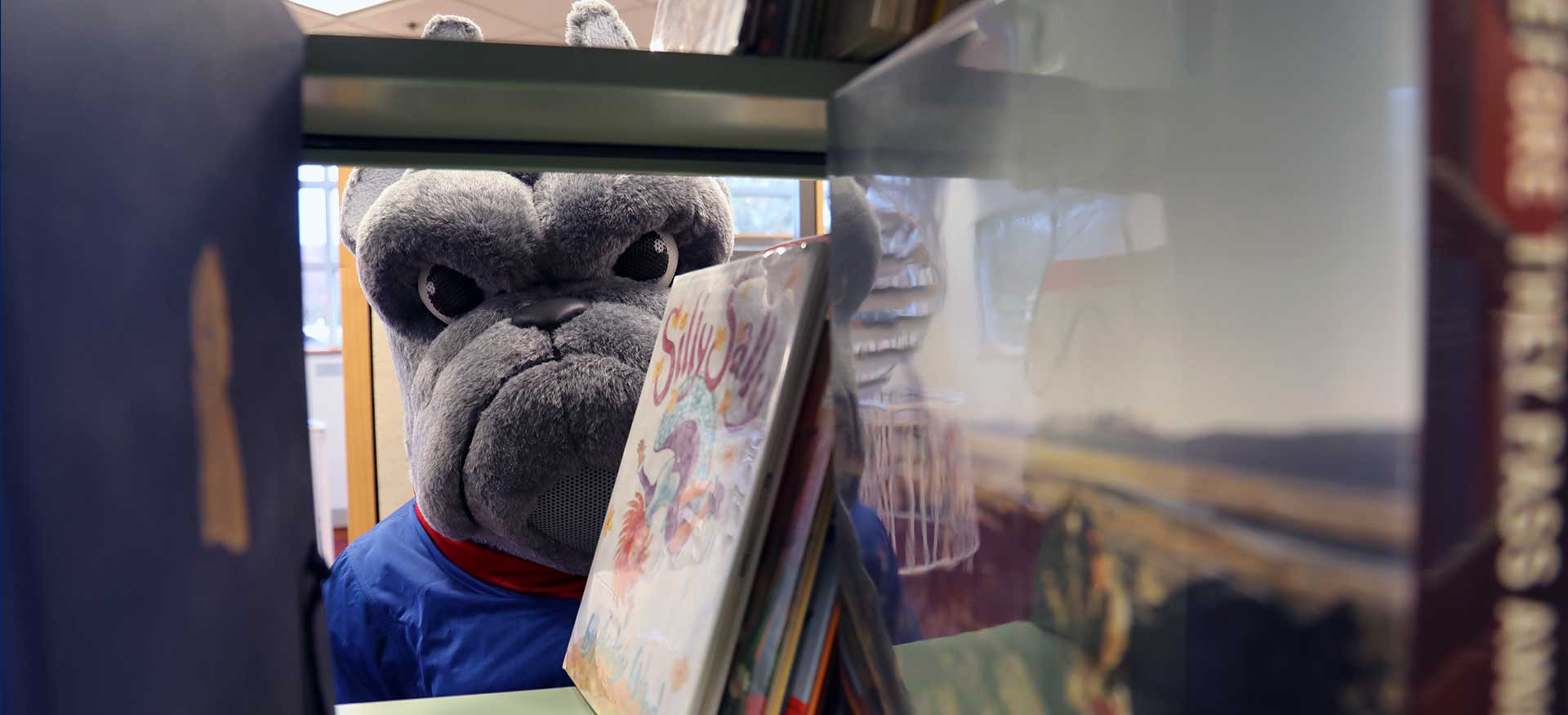Uh-oh!
Frankie can't find the page you're looking for — that's ruff. But don't worry, we can help!
Looks like the page you're looking for isn't here anymore. Our site search can help you find the information you're looking for.
Explore Our Site





